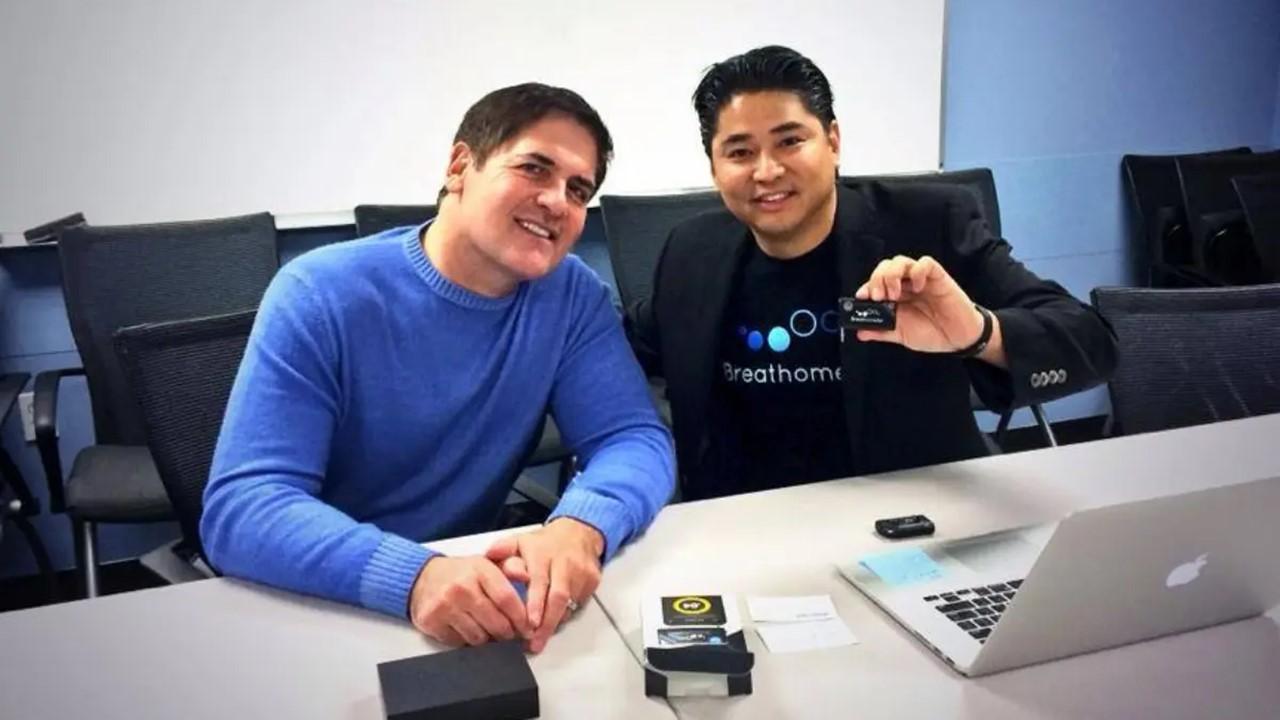The idea behind Swimply started in the mind of a curious teenager named Bunim Laskin, who was just 20 years old when he officially launched the platform. He noticed that his neighbor’s swimming pool was often unused and thought, “What if others could rent it out by the hour?” That one simple question became the foundation of a business now making waves in the sharing economy.
Born in 1997 in Lakewood, New Jersey, Bunim grew up in a large Orthodox Jewish family with 12 siblings. His upbringing taught him the value of making the most of what you have. That mindset helped him identify a need in the community and build a solution around it.
What is Swimply and How Does It Work?
Swimply is often described as “Airbnb for pools.” It allows homeowners with private swimming pools to rent them out by the hour to individuals or groups looking for a fun, private experience. Pool owners set their own availability and rates, which typically range between $45 to $90 per hour. Swimply takes a percentage cut from both the host and the renter, making its revenue purely transaction-based.
This platform operates in over 125 U.S. markets and has expanded its reach into Canada and Australia. Its growth skyrocketed during the pandemic, as families looked for private outdoor spaces to enjoy safely. The company’s contactless booking system and clean, private venues were a perfect fit for that demand.
Shark Tank Rejection, but Not a Setback
Bunim pitched Swimply on Season 11 of Shark Tank, asking for $300,000 in exchange for 5% equity, placing his valuation at $6 million. None of the sharks accepted his offer. While Mark Cuban, Barbara Corcoran, Kevin O’Leary, Lori Greiner, and Robert Herjavec all saw the idea as promising, they had concerns. Some questioned the business model’s scalability and profitability, while others simply weren’t sold on Bunim’s lofty projections.
Barbara noted that Bunim’s pitch was too fast and hard to follow. Robert thought profitability was questionable. Kevin and Mark both disagreed with the high valuation and were skeptical about whether enough people would actually use the app.
But rejection didn’t stop Bunim. Instead, it lit a fire under him. After the episode aired, Swimply saw a huge surge in traffic, downloads, and media buzz. The exposure was priceless, even without the investment.
Swimply’s Explosive Growth Since Shark Tank
Following the Shark Tank pitch, Swimply’s user base began to climb. During the pandemic, the company found its sweet spot. As people avoided public pools, Swimply offered a safe and clean alternative. By 2025, Swimply has generated over $70 million in lifetime sales, and monthly income has now crossed into the seven-figure range.
At just 28 years old, Bunim Laskin now leads one of the fastest-growing companies in the pool rental space. As of 2025, Swimply’s estimated net worth is around $9.66 million, though Bunim himself has previously claimed the company could hit a $289 million valuation in the near future. That figure was seen as overly ambitious by the sharks, but considering Swimply’s rapid expansion, it may not be far off in the long run.
Business Model That Keeps Scaling
The simplicity of Swimply’s model is part of its charm. Users can log into the app, find a pool in their area, check availability, and book it in minutes. No need for public pool crowds or complicated memberships. For homeowners, it’s a way to turn a high-maintenance luxury into a steady income stream.
The company has also started exploring new categories, including private home gyms, sports courts, and even music studios under a similar hourly rental model. These moves suggest that Swimply could grow beyond pools and become a broader peer-to-peer space rental platform.
Bunim Laskin’s Journey and Personal Life
Bunim grew up in a modest household where practicality and innovation were key to everyday life. His family didn’t have the luxury of a pool, which is exactly why he was so intrigued when he noticed a neighbor’s one sitting unused. His vision has now transformed how people view their own backyards.
He keeps his personal life relatively private, but it’s known that he comes from a deeply religious and community-oriented background. This foundation has played a big role in shaping his entrepreneurial mindset. As of 2025, his individual net worth is estimated at around $3 to $5 million, largely tied to his equity in Swimply.
The Future Looks Bright for Swimply
While the company didn’t get a deal on Shark Tank, that rejection may have been the best thing that ever happened to Swimply. The exposure pushed the brand into the spotlight, and Bunim used the opportunity to prove the critics wrong.
Now, with over 20,000 pools listed, steady user growth, and expansion into international markets, Swimply is poised to stay relevant in the years ahead. Bunim’s commitment to creating passive income opportunities for homeowners and unique experiences for renters continues to drive the business forward.
Swimply’s journey is a reminder that even if investors say no, the market might say yes—and in this case, the market did just that.

